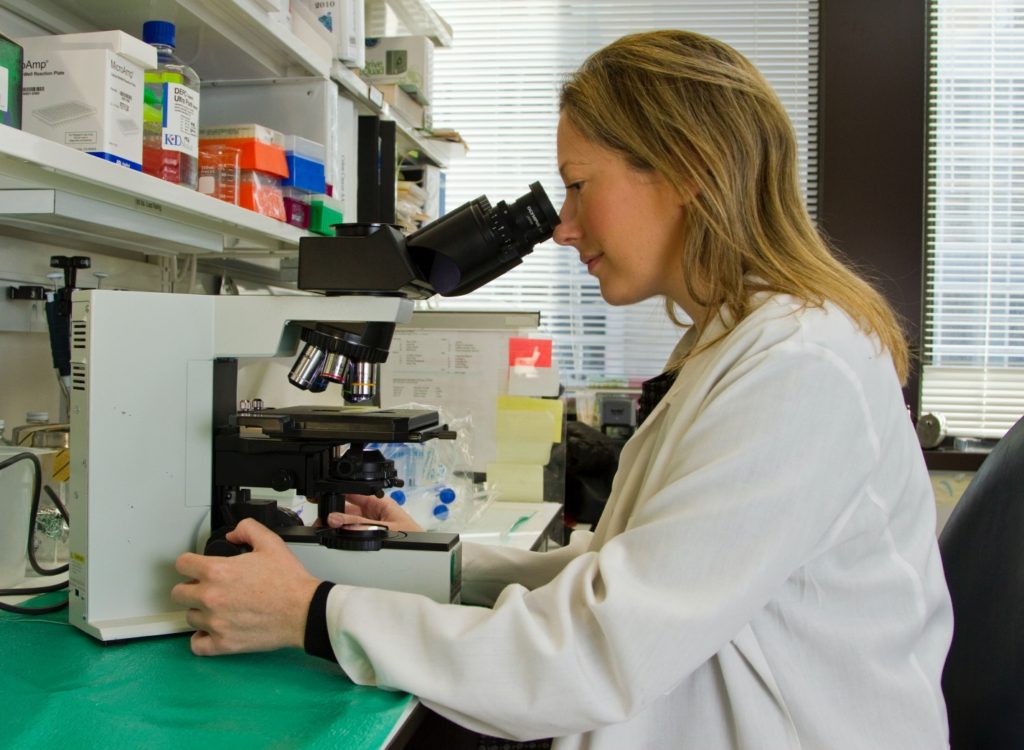
Premarital Screening: Why It’s Important

The wedding preparations usually involve arranging your wedding dress, sending invitations, decorations, photographs, venue, honeymoon, and much more. Committing a lifetime to an individual can bring emotional upheavals. Soon after being married, couples spend a good amount of time selecting the classic décor and perfect dress for the ceremony. However, often couples knowingly or unknowingly ignore a crucial thing that is needed to be done before the “I do’s”. A premarital screening for the couples.
Genetics, family history, diet, addictions, and age all contribute to creating the map that leads to happily ever after. A premarital screening helps couples identify any transmissible, genetic, and infectious health conditions. A reliable premarital screening program provides unbiased health evidence for the couple. Premarital screenings can also detect risks for their progeny and dormant illnesses for couples who are considering marriage. In addition to all this, it also aids couples to understand their heredities better and take treatments or essential precautions.
Everyone must undergo a preventive health screening every year. However, a premarital screening is ideally conducted six months before the wedding. A premarital screen usually includes:
Screening for HIV and Other STDs
HIV, Hepatitis B, and C are a few of the various chronic health conditions that can even strain a marriage if not managed properly. Knowing the status of your partner for these diseases can help you protect yourself from getting infected by any such diseases. Other STDs, including syphilis, gonorrhea, warts, and bacterial vaginosis, can be cured with medical care. This will also reduce the chances of miscarriages and infertility.
Blood Group Compatibility Test

The compatibility of blood groups should be tested to avoid problems, like Rhesus disease during pregnancy. Rhesus disease is a condition that involves the destruction of an unborn baby’s blood cells by the antibodies in the mother’s blood. When women with a rhesus negative blood group marry men with rhesus positive blood groups, the chances of rhesus incompatibility drastically increase. This increases the chances of miscarriage and intrauterine death.
Fertility Test
Fertility tests are very crucial for couples who are planning to start a family together. Addressing and knowing fertility-related problems before getting married can help avoid psychological, biological, emotional, and social traumas associated with barrenness.
Screening for Chronic and Genetic Medical Conditions
Early screening and testing can allow couples to seek medical attention before escalating the medical condition to its terminal stage. These tests typically screen couples for chronic and genetic conditions that are common in their families or society.
They may also include screening for hypertension, diabetes, kidney diseases, certain cancers, Haemoglobin Electrophoresis (Genotype), and many other diseases. These screenings help couples to take care of each other and their future family.
If you’re interested in getting a premarital screening done, try reaching out to phlebotomy on wheels. We are mobile lab service providers in Maryland and offer lab testing and screening services on the move. We also provide home blood draw services and affordable phlebotomy services.
Contact us to learn more.


